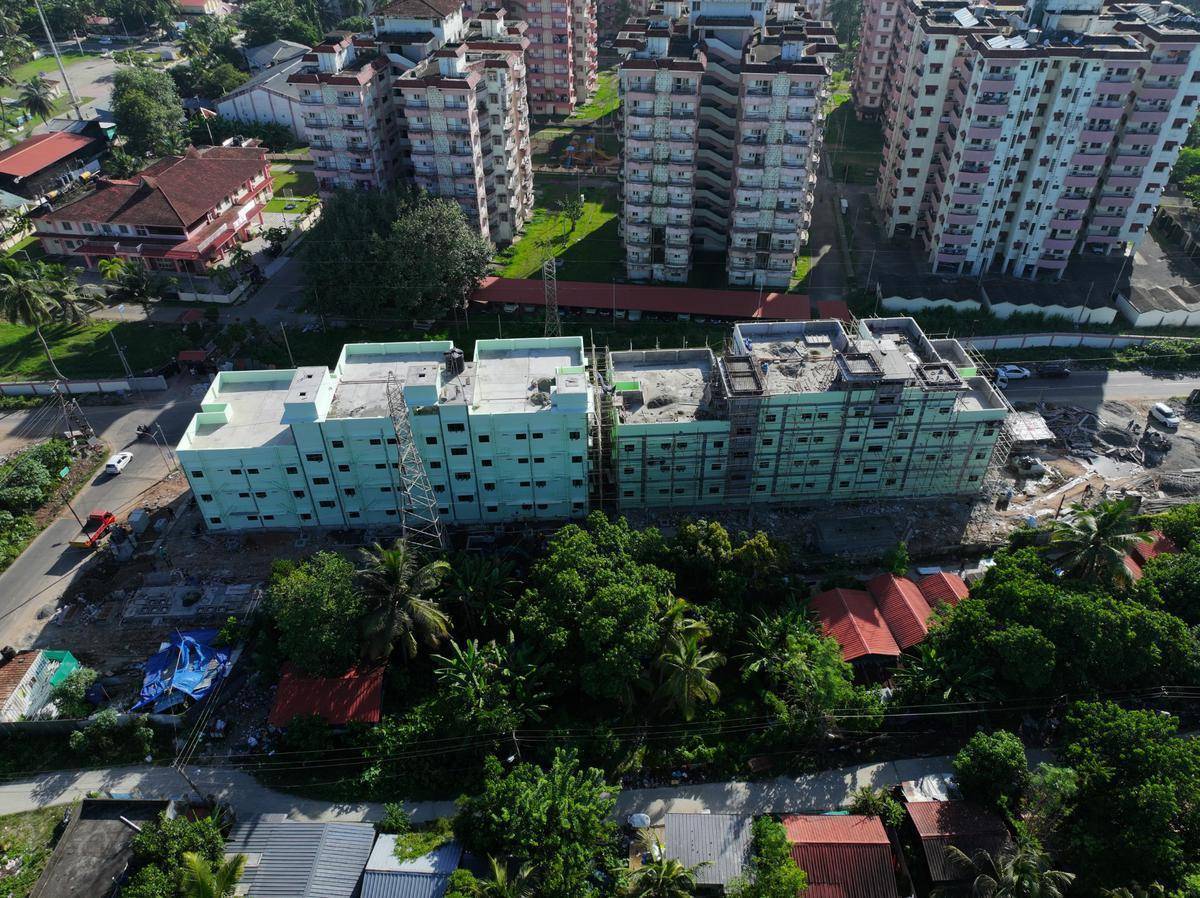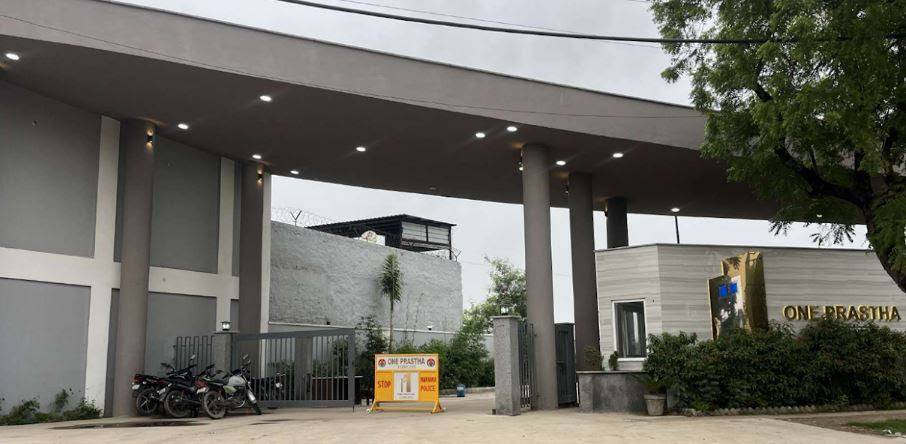The Uttar Pradesh government has introduced revised guidelines for the allotment of commercial plots in Noida, aiming to address concerns about procedural irregularities and enhance the transparency of the process. The updated norms, which came into effect on December 3, 2024, mandate that individual bidders—not just their parent companies—must independently meet technical criteria such as net worth, solvency, and turnover when applying for land. This change marks a significant shift in how commercial land deals are evaluated, especially in the wake of recent controversies involving land allotments to subsidiaries of the Gurgaon-based real estate company M3M.
Controversy Over M3M Subsidiaries' Plot Allotments
Earlier this year, the Uttar Pradesh government found itself embroiled in controversy after the allotment of plots to two subsidiaries of M3M—Lavish Buildmart and Skyline Propcon—was questioned. These companies were awarded prime plots in Noida worth hundreds of crores. Lavish Buildmart was allotted a plot in Sector 94 valued at Rs 827.4 crore in November 2022, and Skyline Propcon was given a plot worth Rs 176.5 crore in Sector 72 in February 2023. However, the government cancelled these allotments in May 2024, citing violations of the eligibility criteria as outlined in the Noida Authority’s official brochure for commercial land schemes.
Questions Raised Over Non-Competitive Bidding
The controversy surrounding these allotments arose from a complaint that alleged the companies were given land at rates far below the market price. The complaint stated that despite being the only bidders for these plots, their bids were increased by just Rs 5 lakh over the reserve price, which was seen as an attempt to circumvent competitive bidding. The Noida Authority had initially extended the tender dates twice, but the bids were still considered non-competitive. The cancellation order, signed by Anil Kumar Sagar, the Principal Secretary of the Uttar Pradesh Industrial Development Department, was issued because it was believed that the bidding process did not encourage competitive pricing, undermining the very purpose of a transparent tender system.
Reversal of Cancellation Order and Introduction of Revised Guidelines
However, the decision was later reversed in June 2024 after the companies appealed, and the Uttar Pradesh government reconsidered its stance following reports from the Noida Authority. This reversal was controversial but highlighted the need for clearer and more robust eligibility criteria. The revised guidelines were thus introduced to prevent such confusion and to strengthen the commercial land allotment system. One of the significant aspects of the new guidelines is that they specifically require individual bidders, not just their parent companies, to meet all technical qualifications independently. This change aims to prevent situations where holding companies could use their qualifications to bypass the necessary checks on their subsidiaries.
New Rules for Consortiums Involving Holding and Subsidiary Companies
In addition to this, the new rules clarify the situation with regard to consortiums involving holding and subsidiary companies. Under the revised rules, the technical qualifications of a holding company can be considered in consortiums where it holds 100% equity in the subsidiary. This ensures that only entities with a genuine interest and capacity in the project are allowed to participate. For consortiums formed by unrelated companies, the qualifications of only those holding at least 26% equity will be taken into account. These changes were made to ensure that the qualification process remains fair and transparent, with each participant in the bid being assessed based on their actual credentials and capabilities.
CAG’s Observations on Ambiguity in Eligibility Criteria
The issues surrounding the allotment of these plots were also flagged by the Comptroller and Auditor General (CAG) in its 2021 performance audit report. The report highlighted the ambiguity in the eligibility criteria for land allotment schemes, particularly the clause that allowed holding companies to rely on their qualifications even when their subsidiaries failed to meet the basic requirements. The CAG’s observations revealed that this provision created confusion about which company's qualifications were to be used in evaluating bids, and this lack of clarity could lead to irregularities or misinterpretations during the bid evaluation process.
Strengthening the Allotment Process with Revised Norms
The introduction of these revised norms aims to close such loopholes and ensure that future allotments are conducted more fairly. While these changes are expected to help maintain the integrity of the allotment process, they also align with the broader objectives of streamlining procedures, reducing corruption, and ensuring that land is allocated based on merit rather than procedural workarounds.
Impact on Noida’s Real Estate Market and Future Allotments
These changes come at a time when the real estate sector in Noida and other parts of Uttar Pradesh is seeing significant growth. With the introduction of stricter rules for land allotment, the state government hopes to create a more competitive and transparent market that benefits both developers and the public. By eliminating loopholes and ensuring that only qualified bidders are granted land, the government aims to bring more credibility to the entire commercial plot allotment process.
Implementation of Revised Guidelines by Noida Authority
The Noida Authority has already been instructed to implement these changes in future land allotments. Sources within the Authority have noted that while the guidelines had already been incorporated into the terms and conditions for commercial land allotments, the new norms will give the government greater strength and clarity in its decision-making process, especially when it comes to the revocation of previous land allotments.









.png)